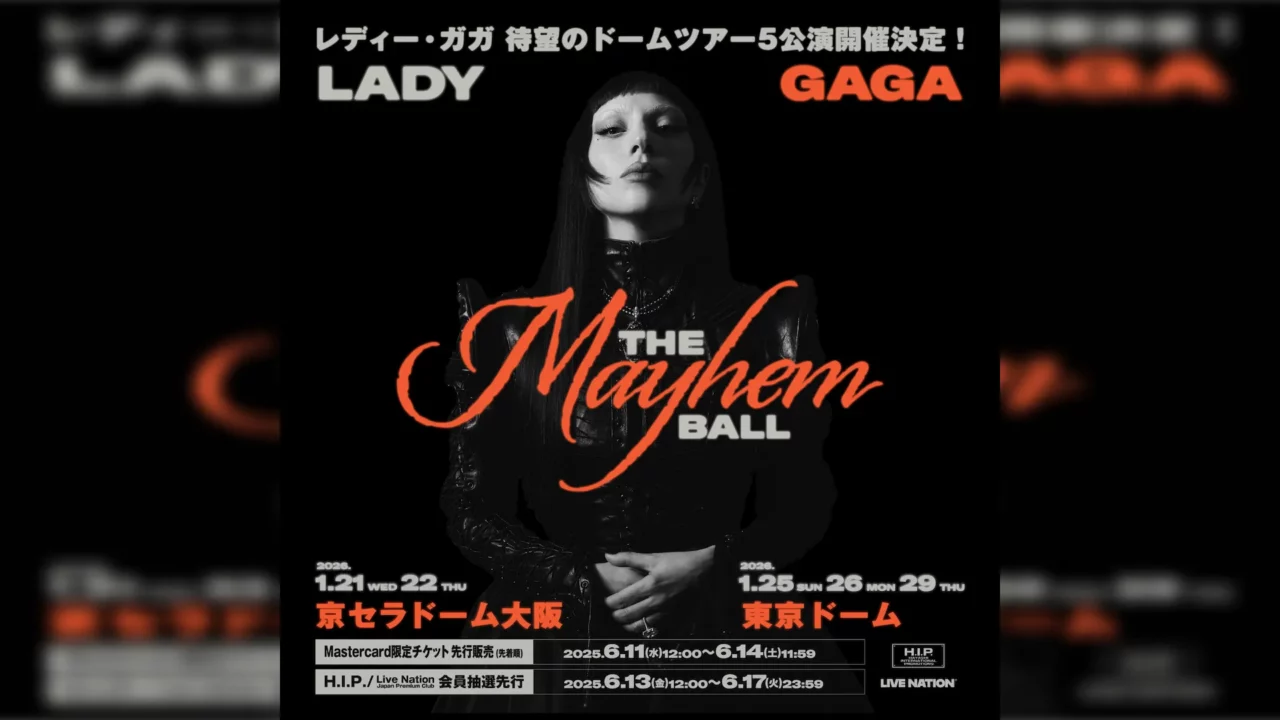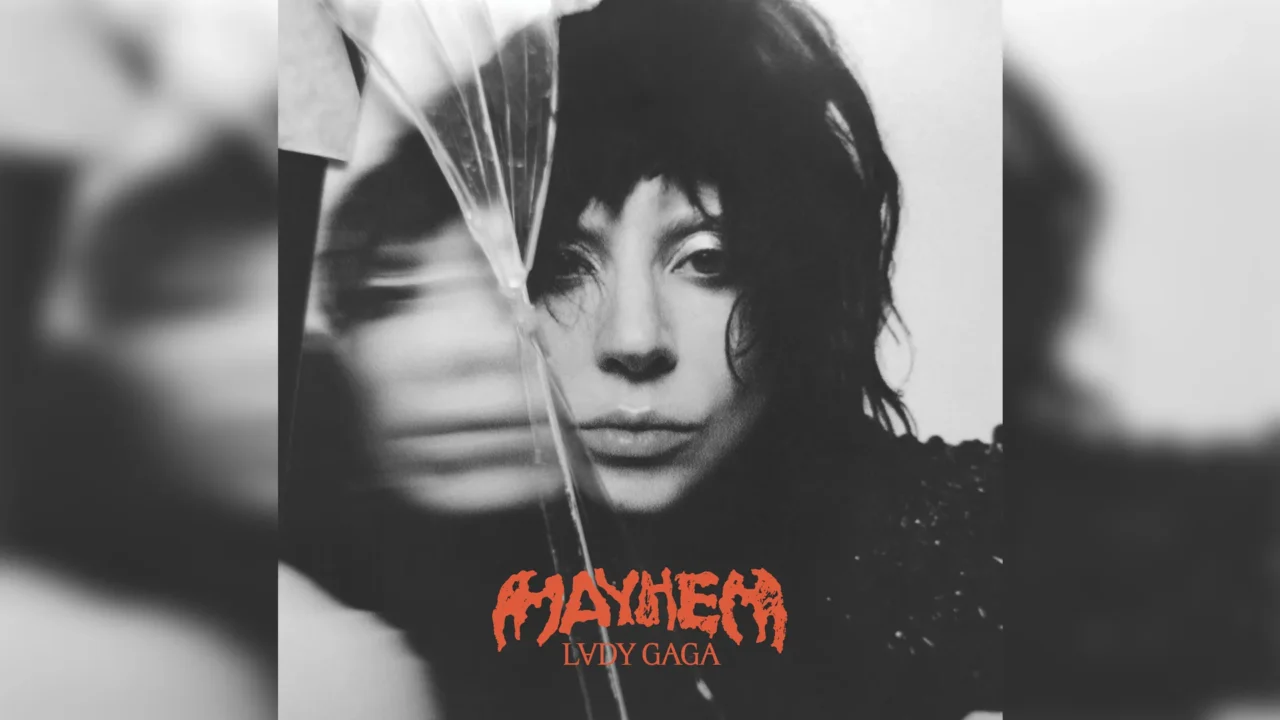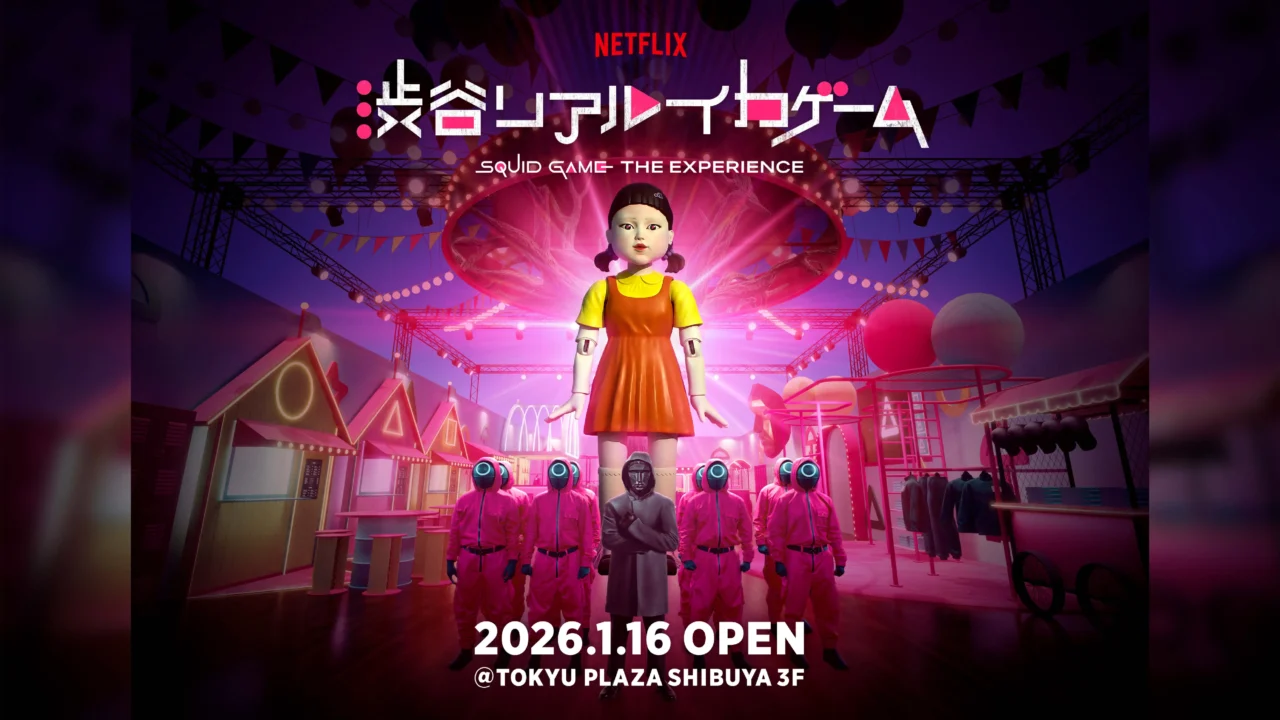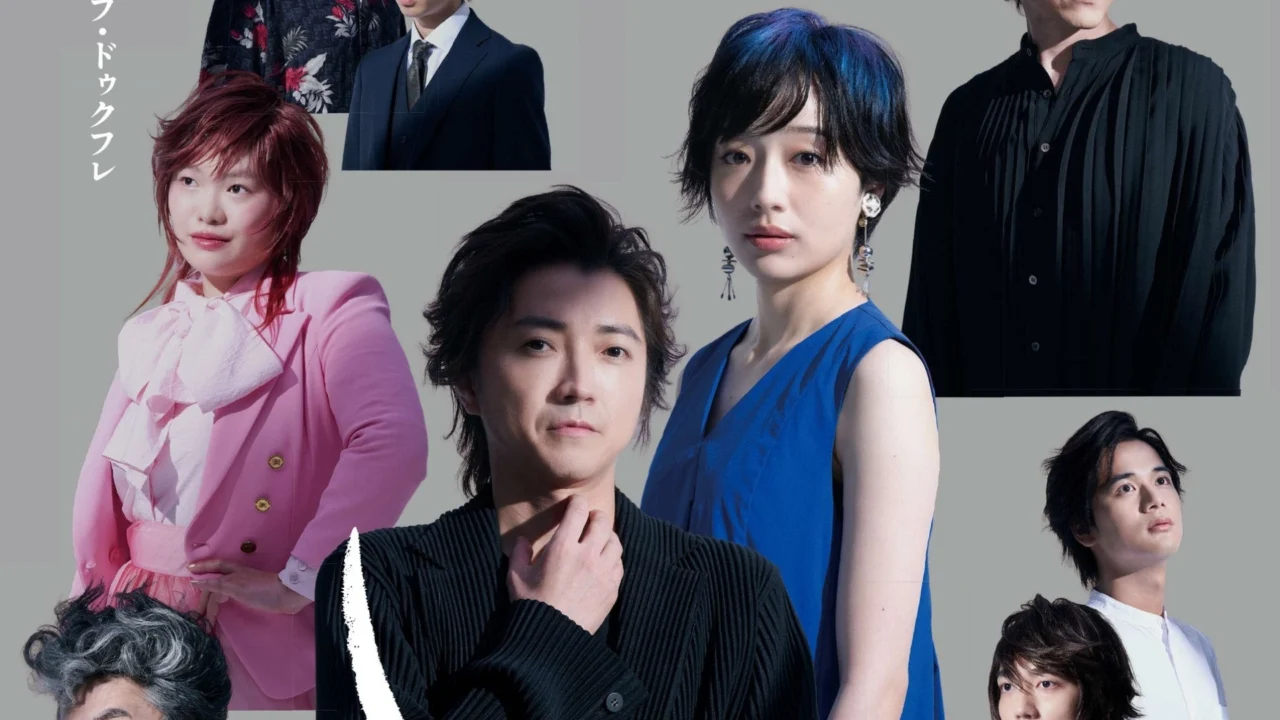Manga artist Okaya Izumi’s series “Won’t You Drink at My Place?” features inviting guests to his home for drinks and conversation. In the fifth installment, Taiwanese manga artist Gao Yan joins the show.
Gao, who finds that mealtime is his only chance to relax due to his busy schedule, enjoys a one-on-one drinking session with Okaya, who shows off his culinary skills (Gao drinks non-alcoholic beverages).
Don’t miss the recipe for the “Chilled Plum Miso Pork Udon” served on the day (recipe is at the end of the article)!
INDEX
Exploring Taiwanese Expressions Absent in Japanese
Gao: I have been looking forward to today very much! Please give me your best regards.
Okaya: Welcome. Are you busy these days?
Gao: Yes, I have 62 pages for next month’s installment of the series, which can be found at ……. In addition, I moved just this week, and my house is still full of cardboard boxes.
Okaya: Wow, that’s a lot of work. Gao’s pictures are so dense, so the effort is totally different from my 62 pages.

Manga artist and illustrator. Born in Taipei, Taiwan in 1996. Gained significant attention with the manga Green Song – Collection of Winds, which portrays young people captivated by Japanese culture, including Happy End and Haruki Murakami. Currently serializing Sukima in Monthly Comic Beam.
Gao: I draw my manga in my native language first and then have it translated, so it takes a lot of time for translation, checking, and communication. Moreover, I don’t have a stock of stories at the moment. I have to draw the story while I’m working on the pencils.
Okaya: It looks like you can already translate it yourself.
Gao: No, not at all. I still find it unnatural to translate Taiwanese words into Japanese. What I found interesting recently is that some words commonly used in Taiwan cannot be translated directly into Japanese.
Okaya: What was that word?
Gao: “我想你”, or in English, “I miss you”. When translated into Japanese, it becomes “I miss you” or “I miss you,” but the meaning as it is is “I am thinking of you. It is a bit more ambiguous than “I miss you” or “I miss you.
Okaya: I see. In Japan, many people might be too shy to say “I miss you” or “I miss you.”
Gao: In Taiwan, it is very common. Not only to lovers, but also to family members. Even my father sends me a line saying “I miss you”.
Okaya: I don’t say “I miss you” to my family. It might depend on the family.
Gao: Around me, my father is the one who says “I miss you” the most. He says, “I want to swim to Tokyo right now.
Okaya: Your father is cute.

INDEX
“Have you eaten already?”
Okaya: You work at home, don’t you, Gao?
Gao: Yes. Novelists sometimes write in coffee shops, but for manga, I have my own tools.
Okaya: You have a big LCD tablet, so it’s either at home or at work.
Gao: Novelists of the past used to travel around and write their works at inns, which is nice.
Okaya: Indeed. There are many inns associated with them. It would be hard to do that with manga, though if I had an iPad, I could probably do just the names.
Gao: Yes, that’s true. Daisuke Igarashi used to draw manga while sketching on his travels.
Okaya: I kind of admire traveling cartoonists. I might go on a trip to India next year, so I might draw manga in India.
Gao: India sounds nice! I also want to visit various places and go back to my parents’ house in Taiwan once in a while, but right now I’m too busy with work. I spend about 20 days a month drawing manga, and the remaining 10 days doing illustration work. Even my editor tells me to work in moderation. He works so much that I want to say, “That’s my line, too.
Okaya: Wow. Do you ever have days when you don’t want to do anything?
Gao: Very often, but once I start working, I get so absorbed in it that I forget to eat.
Okaya: You should eat that! Okay, I’ll boil some udon today [laughs].
Gao: Thank you [laughs]. Actually, I haven’t eaten much today.

Okaya: You know how your parents’ mothers always prepare a lot of food that they say, “I can’t eat this much”? Recently, I have come to understand that feeling. They say, “Eat as much as you can!
Gao: Yes, I understand. I do the same when my friends come over to my house. In Taiwan, it’s like “How are you? (呷飽没?)” is the most common greeting used in Taiwan. is the most common greeting in Taiwan.
Okaya: Wow. What do you say to that?
Gao: About 90% of the time, the answer is “I’ve eaten. The person asking doesn’t want to know if I actually ate it. If I haven’t eaten yet, I would answer, “I’ll eat it later.
Okaya: I see.
Gao: I find it most relaxing to eat with others and chat. When I am alone, even if I decide to take an hour off and not work, I can’t resist and end up working, or I feel guilty and wonder why I am taking a break. But when I get together with everyone, I don’t think about work at all, and I can relax.
Okaya: You are so serious!
























